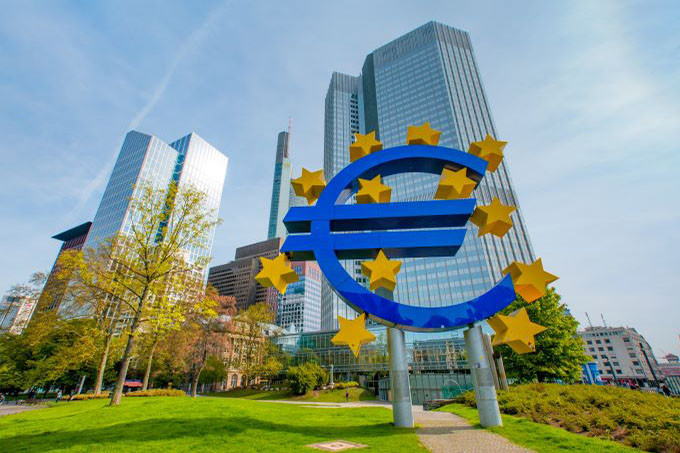The European Central Bank’s deposit rate remains at a record high of 4.0%, with the main refinancing interest rate set at 4.5%. This represents a milestone of sorts, as the ECB has raised interest rates ten consecutive times since it started the current rate-tightening cycle in July 2022, raising interest rates by 450 basis points since then.
The ECB statement was significant in that it focused almost exclusively on inflation. The Governing Council noted that “inflation is still expected to stay too high for too long” but added that inflation had fallen sharply in September.
The statement noted that past interest rates were filtering through the economy, dampening demand, and thereby pushing down inflation.
The ECB’s decision today to hold rates was widely expected, unlike many previous meetings where the outcome was up in the air right up to the decision, due to the split between hawks and doves on the Governing Council.
There were two key factors which supported a pause at today’s meeting. First, inflation in the eurozone has dropped sharply since the September meeting, from 5.2% in August to 4.3% in September. Yields on bonds in the eurozone and the US have climbed sharply in recent week. For example, the US 10-year Treasury yield, a key instrument in the global financial system, rose above 5% this week for the first time since 2007. Higher bond yields have made borrowing more expensive, which should dampen economic activity and lower inflation, even without the ECB continues to raise rates.
Second, economic growth in the eurozone has been weak, and raising interest rates further could tip the economy into a recession. Germany, the eurozone’s largest economy, is officially in a recession after two consecutive quarters of negative growth and is expected to post negative growth for 2023.
In a press conference following the meeting, ECB President Christine Lagarde said that today’s decision to hold rates does not necessarily mean that rates have peaked, and further rate hikes remain a possibility. She has acknowledged that the eurozone economy remains weak and future rate decisions will be dependent on the data.
In the aftermath of the ECB decision, the Euro has fallen about 0.35% against the United States Dollar and the British Pound. Stock market reaction was negative, with the German DAX down 0.51% on the day and the French CAC 40 Index down 0.38% on the day


